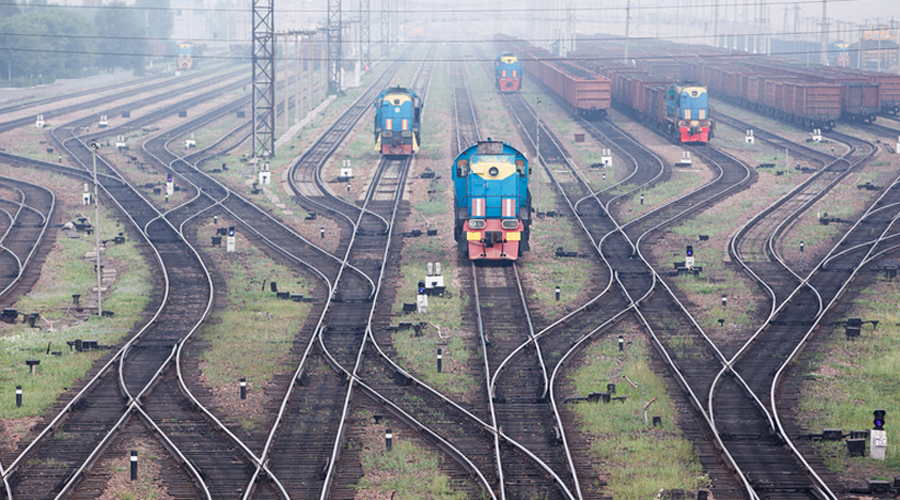The railway ministry has offered nine routes to private players in the Northeast Frontier Railway (NFR) zone that covers most parts of north Bengal and the entire Northeast.
This move is a part of the ministry’s recent decision to offer 109 routes across India to private investors interested in running passenger trains. It is also being seen as an initiative by the railways to give passengers used to air travel a premium train-travel experience, though railway employee unions have been vocal against any attempt at privatisation.
“In the NFR, nine routes have been identified for private sector investments. It is estimated that the project, as a whole, would bring in investments to the tune of Rs 30,000 crore. Existing train services along these routes, however, will continue. Proposed trains run by private investors will be additional ones,” said NFR chief public relations officer Subhanan Chanda.
Among the routes selected in the NFR zone are Guwahati’s link to national capital Delhi and cities like Calcutta, Pune, Bangalore and Bhopal.
As of now, around 120 long distance mail and express trains run in the zone, said railway sources.
All these nine proposed routes pass through New Jalpaiguri — the largest railway station and the main transit point for people going to north Bengal and Sikkim.
The routes move through Jalpaiguri, Alipurduar and Cooch Behar, major tourist destinations of the region.
“North Bengal and the Northeast figure prominently in the tourism map of India and attract many domestic and international travellers every year. It seems the railways want to offer the option of trains to those who usually take flights or travel in their own vehicles or air-conditioned buses,” said a retired railway official in Siliguri.
Among the trains which usually run from north Bengal and Northeast to other parts of the country are Rajdhani Express, the Shatabdi Express (between Howrah and New Jalpaiguri) and the Darjeeling Mail, an iconic and one of the oldest trains in the region.
“Apart from these, all others are general mail or express trains. We often hear tourists complain about poor service in these trains. Also, not many quality long-distance bus services are available in this part of India. That is why high-value tourists who visit these areas mostly travel by air. If this segment starts using these proposed private trains, inflow of visitors to the region can go up,” said a transporter in Siliguri.
Unions of railway employees in the NFR zone have strongly protested against this privatisaton bid.
“We observed a Black Day on June 8 this year in protest (against privatisation) and now we are drawing up plans to tell railway users about the consequences of such a project. There is high chance that the fares will go up. Also, concessions (for senior citizens, among others) are unlikely,” said Joginder Singh, convener of the Alipurduar divisional branch of NFR Mazdoor Union, a constituent of the All India Railwaymen’s Federation.
The NFR Employees’ Union, backed by the Intuc-affiliated National Federation of Indian Railwaymen, also reacted sharply.
Sujit Mishra, president of the union’s Alipurduar division, said: “We suspect mass retrenchment if this project is taken up. Our members are sending postcards to the Prime Minister, seeking the decision be revoked.”











